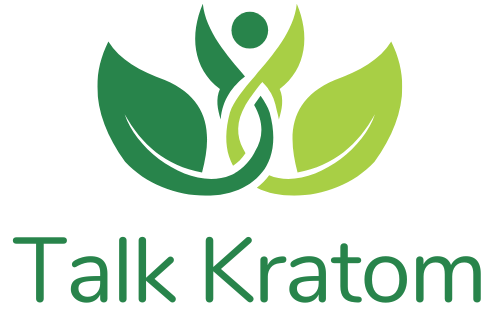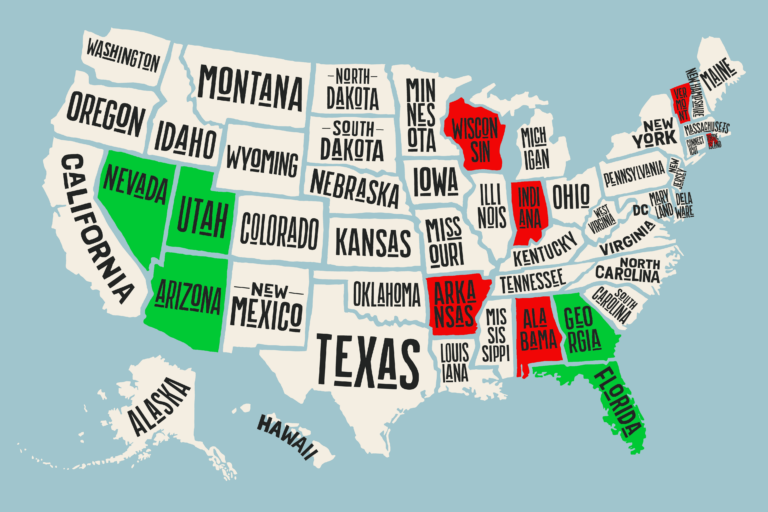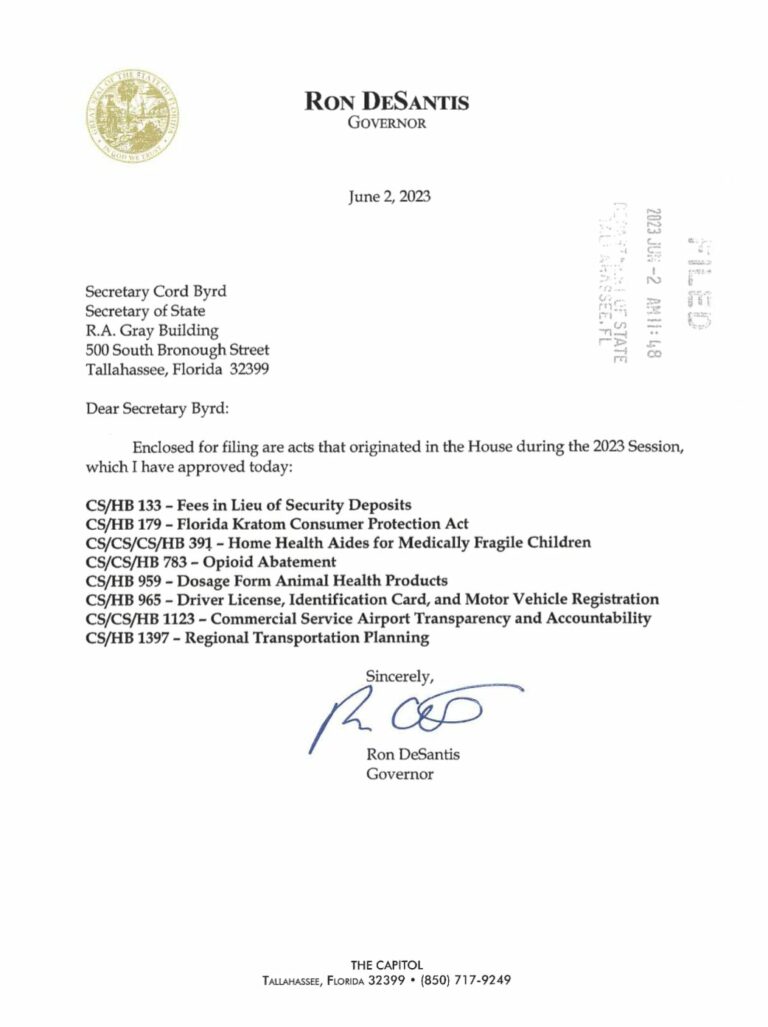Kratom Legality: 2023 Regulations

Is kratom legal in your jurisdiction? It’s a crucial question! The quick answer? Probably. Kratom is lawful in the great majority of the United States, with no federal legislation pending to classify it as a restricted drug or otherwise prohibit its use. Because kratom laws vary so much by jurisdiction, we’ve summarized the latest updates to kratom legality by state.
Some states have restricted or outright prohibited the use of kratom. Therefore it’s critical to check the legality of kratom in your county. Even more importantly, it is critical to keep informed while the legality of kratom is repeatedly threatened. As we approach 2023 and beyond, various new risks to legal kratom products, attempted kratom bans, and new kratom processor restrictions arise.
Here’s a summary of recent legislative initiatives affecting both kratom consumers and kratom distributors. In general, the news is positive. In 2022, attempts were made to set quality and purity standards for kratom products. Rules of this type safeguard both customers and respectable merchants.
Kratom Regulation Update
Oregon Kratom Law: House Bill 4010 Passed
House Bill 4010, identical to Colorado’s, was passed in Oregon (HB4010). The bill was approved in March of 2010, and it establishes age standards and compels kratom suppliers to register with the state.
HB4010 establishes relatively low regulations for kratom suppliers. The most noticeable limitation is that Oregon kratom will now be legally available exclusively to anyone over the age of 21. Aside from that, the Bill compels all kratom manufacturers to register with the state and forbids vendors from selling kratom products from unregistered manufacturers.
The Bill does not specify quality or purity criteria, although it is probable that the mandatory registration with Oregon registries will include some product quality testing.
Pennsylvania Kratom Law: House Bill 2357 Passed
Pennsylvania introduced House Bill 2367 (HB2357), which went through a lengthy and fairly convoluted process before being considerably revised and, eventually, becoming law.
The Bill, as originally constituted, required a minimum age of 21 and barred the manufacturing of kratom products containing a certain list of pollutants. The pollutants identified were nearly entirely restricted chemicals, which rendered the restriction unnecessary because they were already unlawful.
HB2357 has been extensively changed, and its limitations have been relaxed. The minimum age was dropped to 18 years old, and all pollutant prohibited wording was eliminated. This amended version of the Bill was enacted with almost unanimous support in June 2022.
Missouri Kratom Regulation: House Bill 1667 Vetoed
Under House Bill 1667, Missouri sought to enact its own set of kratom rules (HB1667). The Bill, which would have created quality standards and laws to safeguard kratom users from tainted goods, was vetoed.
Despite the fact that the law was passed by both chambers of Missouri legislators, Governor Mike Parson vetoed it, thereby killing it. Parson highlighted the FDA’s persistent resistance to kratom as his major reason for vetoing the Bill. This further emphasizes why the education and outreach efforts of organizations like the American Kratom Association are so critical to the future of legal kratom.
Colorado Kratom Laws: Senate Bill 22-120 Passed
The passage of Senate Bill 22-120 (SB22-120) in Colorado in 2022 was a significant development. The Bill received bipartisan support and, in summary, is wonderful news for kratom consumers’ safety and the future of legal kratom in Colorado.
SB22-120 imposes severe quality and purity standards on kratom products marketed in Colorado. The bill also mandates a minimum age of 21 for kratom customers and imposes additional kratom supplier regulations. It’s a kratom triumph that will serve to legalize kratom products and keep kratom safe. The bill also helps guarantee that this plant is lawful and effective in the future.
Kratom Remains Illegal In Wisconsin: Bill 599 Failed
Wisconsin sought to enact Assembly Bill 599, which essentially legalized kratom while restricting consumption to anyone above the age of 21. (AB599).
Kratom has been outlawed in Wisconsin since 2014, when a statute combining it with marijuana was enacted. AB599, which would have repealed the restriction, failed to pass. Wisconsin is anticipated to reexamine the subject of kratom’s legal categorization in early 2023. Nonetheless, the future of kratom legality in Wisconsin remains uncertain for the time being.
Kratom Regulation in Kentucky: House Bill 569 Failed
Kentucky attempted to pass House Bill 569 (HB569), however the bill was recommitted to Appropriations and Revenue and failed.
HB569, like the other legislation, would have required a minimum age of 21 years old. The bill also sets quality and purity standards for the sale of kratom products in Kentucky.
The rejection of this bill is a setback for kratom, leaving the door open for dishonest merchants and contaminated goods. Negotiations for more regulation in Kentucky continue.
Contents
- 1 Kratom Regulation Update
- 1.1 Oregon Kratom Law: House Bill 4010 Passed
- 1.2 Pennsylvania Kratom Law: House Bill 2357 Passed
- 1.3 Missouri Kratom Regulation: House Bill 1667 Vetoed
- 1.4 Colorado Kratom Laws: Senate Bill 22-120 Passed
- 1.5 Kratom Remains Illegal In Wisconsin: Bill 599 Failed
- 1.6 Kratom Regulation in Kentucky: House Bill 569 Failed


